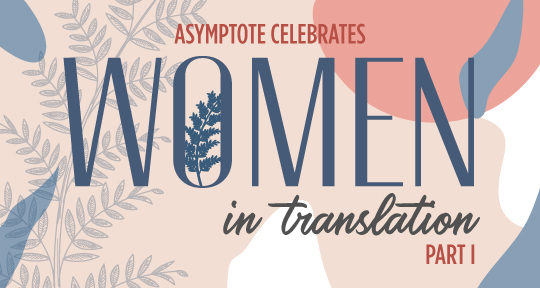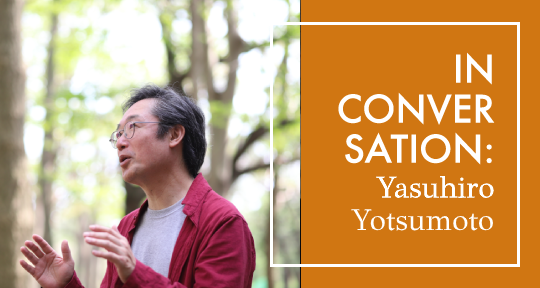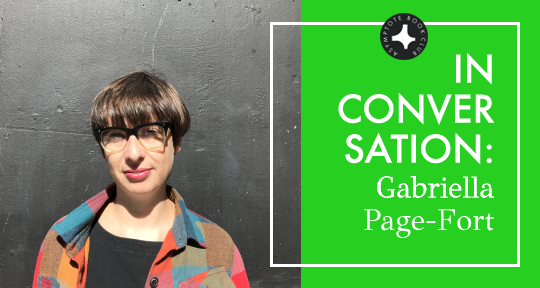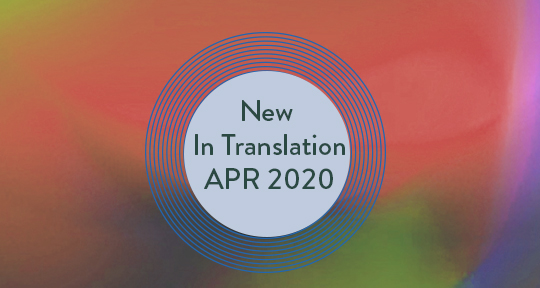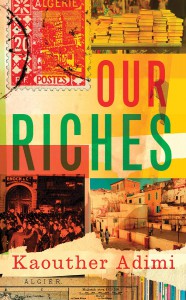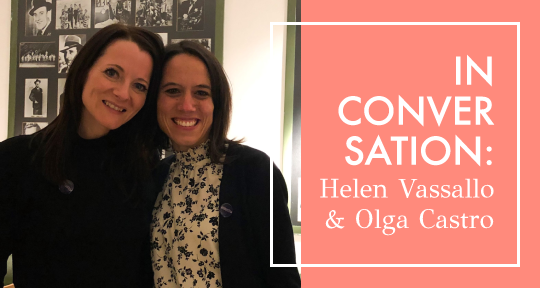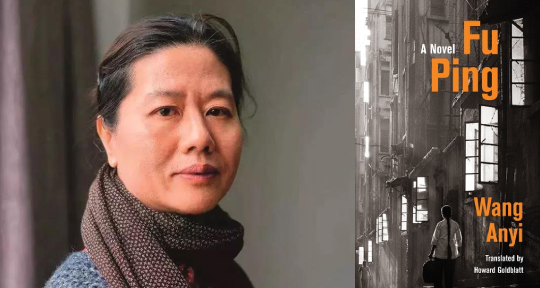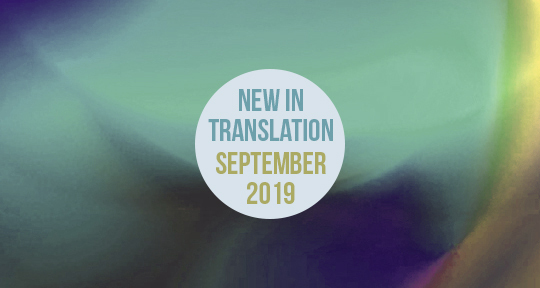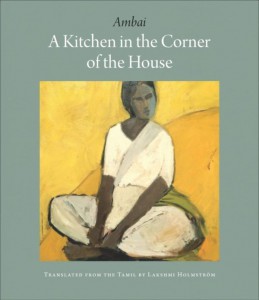As we approach the end of a wonderfully celebratory Women in Translation month, Asymptote is proud to present a week of content featuring women writers and translators who are working at the top of their game. Since the first WIT Month in 2014, advances and improvements have been made for women working in global letters, but the significance of continuing to read and translate women’s voices remains. The act of reading women is indistinguishable from the act of reading the world—a truth we must continue to recognize.
First up in our spotlight series is translator from the Japanese, Ginny Tapley Takemori. Though Japanese literature is a landscape built by men and women alike, the nation-specific politics and postulations of gender makes for thought-provoking discussion as one examines the truths and concepts reflected in its literature. An advocate for women translators and writers in Japan, Tapley Takemori has translated award-winning texts by Sayaka Murata, Kyoko Nakajima, Kaori Fujino, among many others. In the following dialogue, she speaks with blog editor Xiao Yue Shan about her prolific endeavours of translating such vital, well-loved work.
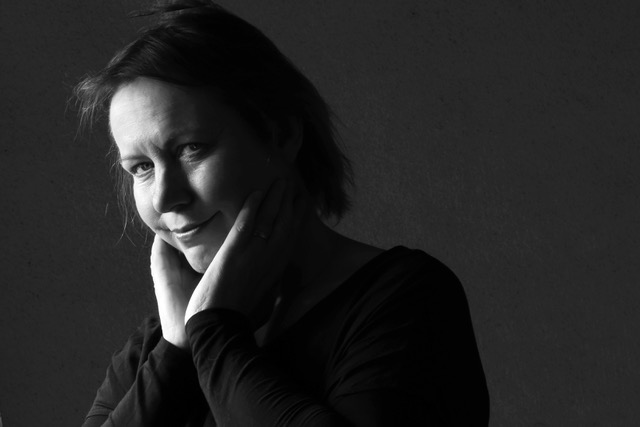
Xiao Yue Shan (XYS): While there isn’t necessarily a conspicuous lack of literature by women in Japan, the country’s publishing market does seem entrenched in a gendered hierarchy, with books by women largely being marketed towards and read by women. Has this been your experience in navigating Japan’s literature? And if so, do you think it has affected the way women in Japan write?
Ginny Tapley Takemori (GTT): I don’t think there is a lack of books by women—on the contrary, there are lots of women writers! A lot of women working in publishing as well, for that matter, and I don’t really notice works by women writers being particularly marketed towards and read by women. I wonder what the stats for that might reveal? There may be some truth in it, given the historical development of women’s literature in Japan. From my own present observations, however, I’d say it’s true in certain cases; for instance, Boys’ Love manga is written by women for women, but it’s super niche. In 2017, Waseda Bungaku published their whopping tome Joseigo (女性号, Women’s Edition) and it sold out in a week! I’m not convinced that only women bought it. One thing that is clear is that women are winning the big literary prizes (about par with men for the Akutagawa and the Naoki). And I don’t get the impression that these prizewinning authors are writing specifically for women at all.
XYS: Yes, I definitely agree that women have quite a prominent, well-regarded presence in Japanese literature—arguably more so than in most other countries! Yet as you said, there are certain indications in the historical development of Japanese literature that subject matter is ingrained with gendered notions: women engaging more with the occupations of day-to-day life, men with politics and metaphysical matters.
GTT: That has been the case until not so long ago, but I’m not sure the boundaries are so clear nowadays. There’s an enormous variety in women’s writing now in terms of genre, writing style, and subject matter. I don’t think women writers are content to be confined to any particular subject or style, and in some cases, they explode these boundaries in quite spectacular and innovative ways, like Sayaka Murata with Earthlings. Some also deliberately revisit literature of the past, like Hiromi Kawakami in The Ten Loves of Nishino (trans. Allison Markin Powell), harking back to The Tale of Genji. There are critics who claim that contemporary writers are nowhere near the standard of the greats like Mishima, Soseki, et al (all men, naturally), but I have a different view of literature myself.
XYS: Would you say that one of the aims of Strong Women, Soft Power—the collective you co-founded with fellow translators Allison Markin Powell and Lucy North—is to direct a spotlight on women writers in Japan, and in doing so, direct the country towards gender equality, as well as greater awareness and resistance to sexism?
GTT: Strong Women, Soft Power is first and foremost a translators’ collective, and our aim is to give Japanese women writers a voice to speak for themselves through translation. It is not our intention to impose any forms of feminism or feminist critique on them; we simply aim to create awareness of their work and highlight the imbalance in the translation of men and women writers (a phenomenon not exclusive to Japan). At the same time, we offer a platform for promoting work by women writers and to some extent for women translators, although we do collaborate regularly with our male colleagues too. READ MORE…

